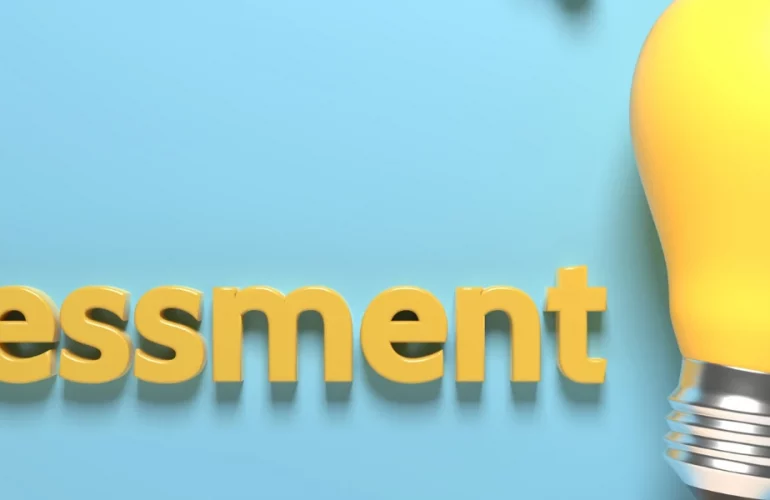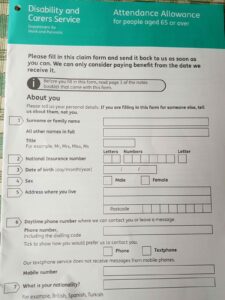Another Two-Tier Benefit?
The government’s recent U-turn on plans to change parts of Personal Independence Payment (PIP) and Universal Credit (UC) has signalled the start of what looks like another confusing two-tier system.
What’s changing?
PIP – The 4-point rule has been removed from the Universal Credit and Personal Independence Bill and will not apply to anyone (subject to the Timms review):
Timms told the Commons 1st July 2025:
“I can announce that we are going to remove the clause five from the bill at committee, that we will move straight to the wider review, sometimes referred to as the Timms review, and only make changes to PIP eligibility, activities and descriptors following that review.”
UC – The UC standard allowance for new and existing claims will be increased. This will mean the single person 25+ rate of UC standard allowance increasing by £7 per week, from £91pw in 2024/2025 to £98pw in 2026/2027.
For new universal credit (UC) from April 2026, the rate of the LCWRA (the green paper refers to the health element), will be reduced by £47pw, from £97pw in 2024/2025 to £50pw in 2026/2027. Existing claimants, terminally ill and those who meet the severe conditions will not be affected by the freeze.
This could mean two people with the same condition, same challenges — but different claims and outcomes, depending on when they applied
It’s a recipe for confusion, inequality, and more under-claiming.
Green paper – pathways to work
Policy U-turns shake confidence
The benefit system has been subject to several high-profile U-turns over the years. Changes to essential support cannot be proposed on a whim, then reworked depending on who objects most strongly.
If a proposal isn’t resilient to challenge, it wasn’t ready.
These sudden shifts suggest a lack of understanding of the real-world impact of reforms — and they leave claimants and professionals alike confused, anxious, and unsure who to trust.
A two-tier system isn’t just unfair — it’s unsustainable
We’ve seen this before. Creating separate systems for new and existing claimants inevitably leads to further reform down the line — and with it, long and painful transitional periods to bring everyone back onto a single system.
The result? More confusion, more administrative cost, and more people falling through the cracks.
If the government is serious about reform, it must learn from the past: splitting the system now just sets the stage for a disruptive and expensive re-merging later.
If we do this again with disability benefits, we’ll repeat the same cycle:
→ Confusion
→ Backlogs
→ Appeals
→ Years of catch-up
Reform should mean simplification, not duplication.
Unclaimed support: already a systemic problem
This comes at a time when billions in vital support is already being missed:
Over £25 billion in benefits go unclaimed each year in the UK — including:
- £22.7bn in means-tested support like UC, Pension Credit & Council Tax Help (Policy in Practice, April 2024)
- £2.2bn in Attendance Allowance (Age UK)
- £1.5bn in PIP and DLA
- £1.1bn in Carer’s Allowance
This kind of administrative barrier is one of the main reasons that billions go unclaimed — and why further splitting the system will only make it worse.
Solutions?
If the goal is fairness, simplicity, and value for money:
- Don’t create multiple versions of the same benefit
- Don’t announce sweeping changes without understanding the real-world effects
- And don’t ignore the billions already going unclaimed because the system is too hard to access.
- Shifting rules and split systems don’t just reduce claims — they reduce fairness
If the goal is value for money and targeted support, the solution is simplification, clearer access, and better outreach








